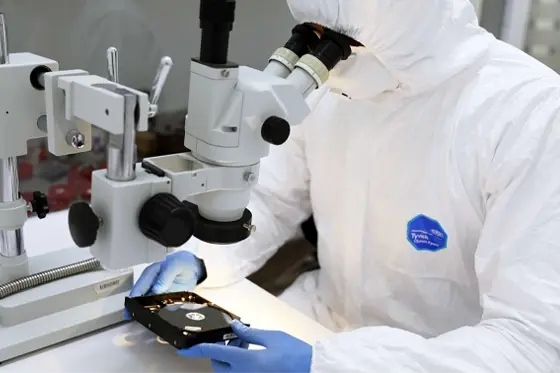Data Recovery Services in California
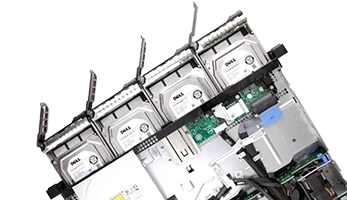
We specialize in recovering data from RAID arrays of all configurations—RAID 0, 1, 5, 6, 10, and beyond. Whether due to controller failure, disk degradation, or rebuild errors, our engineers can safely restore your data without compromising integrity.
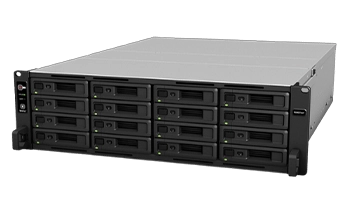
Our team handles critical server data loss scenarios including boot failures, OS corruption, and multi-drive failure in server environments. We recover server data from all major brands and operating systems with minimal downtime.
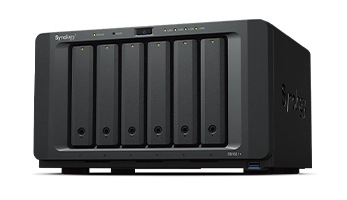
We offer expert recovery services for NAS devices from Synology, QNAP, Buffalo, and others. Our specialists retrieve data from failed drives, accidental deletions, and RAID corruption in home and business NAS systems.
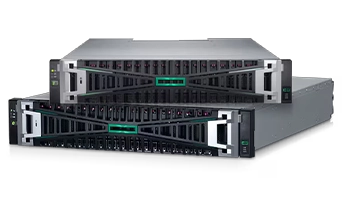
Our lab is equipped to recover data from complex SAN environments, whether it’s due to volume corruption, controller issues, or logical failures. We handle enterprise-grade SAN platforms from NetApp, Dell EMC, HP, and more.
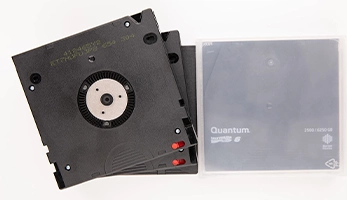
From aging DDS and LTO tapes to modern enterprise-grade formats, we recover inaccessible or corrupted data from legacy and modern tape storage. Ideal for compliance, audits, and archival retrievals.
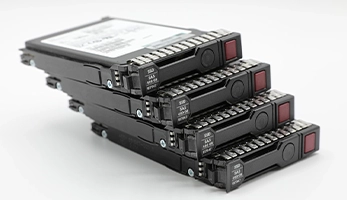
We recover critical databases including Microsoft SQL, Oracle, MySQL, and others, whether from corruption, file deletion, or drive failure. Our process ensures consistency and minimal disruption to your operations.
Our RAID Recovery Labs in California
When seeking top-tier RAID recovery services, it’s crucial to choose a provider known for its exceptional data recovery expertise. A company that uses the latest technology and employs a team of highly skilled specialists can offer prompt and secure data restoration from RAID systems. Selecting a dependable partner with a proven track record and a strong commitment to client satisfaction is essential for successful RAID recovery efforts.
Anyone facing data loss must prioritize a seamless and hassle-free data recovery experience. Our team of skilled professionals ensures immediate, professional responses to inquiries and concerns, keeping clients informed throughout the recovery process.
Handling valuable data with the utmost care and employing advanced and secure recovery techniques is critical for successful outcomes. Choosing a reliable partner for restoring precious information is crucial for peace of mind and successful data recovery.
RAID Recovery Locations in California
In the heart of California, our facilities offer unparalleled recovery services, standing as a testament to our commitment to excellence. Each of our locations in San Francisco, San Jose, San Diego, and Los Angeles is equipped with state-of-the-art technology to aid in the recovery of NAS, SAN, server databases, and more, ensuring minimal downtime and optimal performance.
Our team of experts is always on hand to provide support, guidance, and the necessary services to assist our clients through any situation. With a simple call or message, help from our dedicated professionals is immediately accessible, ensuring that you are never alone in your recovery process.
RAID Data Recovery in California
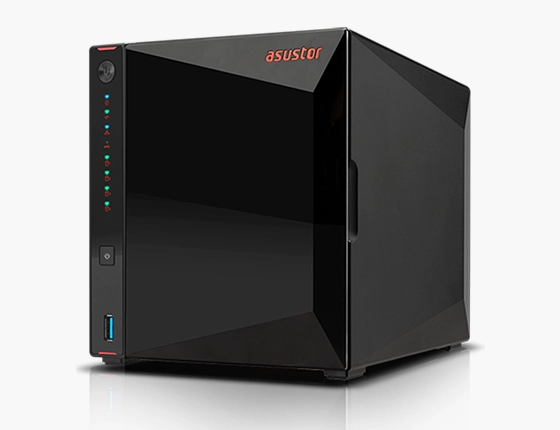
RAID technology is vital for modern data management, offering a strong defense against hardware failures. It ensures data availability and integrity, even during disk failures. By optimizing performance and strengthening defenses against potential data loss, RAID configurations play a crucial role in data storage solutions. It’s essential to conserve a delicate balance between efficiency and protection.
Before embarking on the recovery process, a RAID recovery service in California initiates a meticulous assessment of the RAID system. It involves:
Data Recovery for RAID levels in California
RAID configurations are diverse arrangements of disks that define how data is stored and distributed across the array. Each configuration offers a unique balance of performance, capacity, and redundancy. For instance:
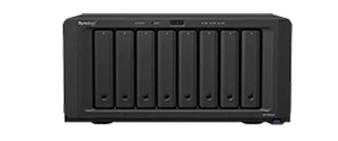
If you need to recover data from a failed RAID 0 array, contact our team of experts for fast and reliable recovery services.
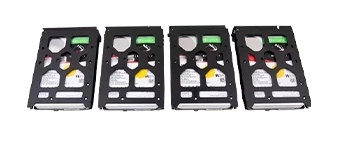
For fast and reliable recovery services to retrieve data from a failed RAID 1 array, reach out to our team of experts.
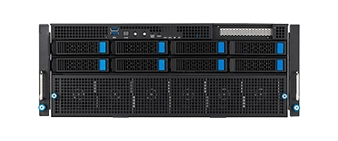
If you require data recovery from a RAID 5 array, contact to our professional team for trustworthy recovery services.
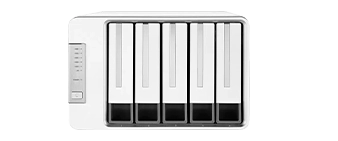
Contact our expert team for fast and reliable recovery services for failed RAID 6 arrays. Recover your valuable data with us.
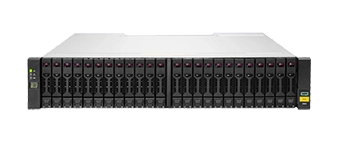
Need data recovery from a failed RAID 10 array? Contact our experts for reliable and fast recovery services.
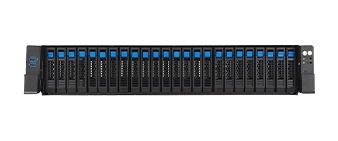
For professional data recovery from a RAID 50 array, contact our team of experts who offer reliable recovery services.
Risks and Common Causes of RAID Failures
RAID systems, while resilient, are susceptible to various risks and common causes of failures. These failures can result in the loss of crucial data, which can have a devastating impact on businesses and individuals alike. To avoid such situations, it is important to understand the common causes of RAID system failures and take necessary precautions. One of the most common causes of RAID system failure is hardware malfunction. This can occur due to ageing hardware components, power surges, or physical damage caused by mishandling or accidents.
Hardware failure can lead to data corruption or complete loss of data stored on the RAID array. Another cause of RAID system failure is human error. This could include accidental deletion of files, formatting of drives, or improper configuration of the RAID setup.
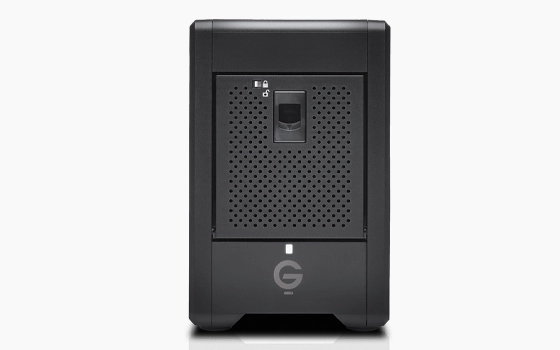
Individual drive malfunctions can compromise data integrity.
Malfunctions in RAID controllers may disrupt data access and storage.
Accidental deletion, formatting, or improper configuration can lead to data loss
Electrical issues can damage drives and disrupt RAID functionality.
Errors in RAID management software may compromise data integrity.
Understanding these risks is crucial for implementing proactive measures and seeking timely recovery solutions. Some of the most common causes of data loss are hardware failures, accidental deletion, and cyber attacks. Let’s take a closer look at each one. Hardware failures frequently lead to data loss and can result from power surges, overheating, or physical harm.
When a hardware component fails, it can lead to corrupted data or even complete data loss if it is not backed up properly. This is why it’s important to regularly maintain and update your hardware to prevent any potential failures.
